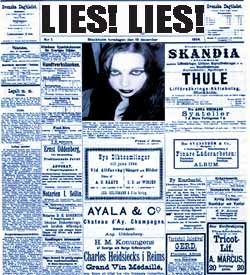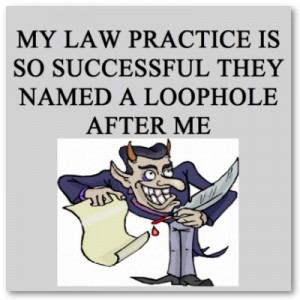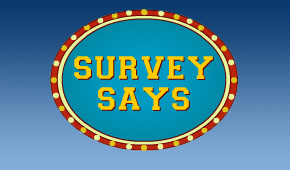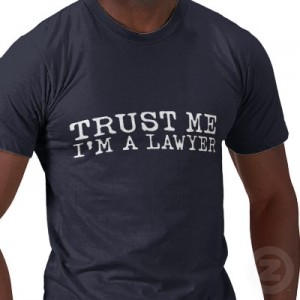 Do you have a print brochure for your law practice? Most attorneys don’t. They pass out their business card with the url to their web site or blog but a business card generally doesn’t tell people what you do or the benefits you offer. People have to go the your web site to find out and too often they simply don’t.
Do you have a print brochure for your law practice? Most attorneys don’t. They pass out their business card with the url to their web site or blog but a business card generally doesn’t tell people what you do or the benefits you offer. People have to go the your web site to find out and too often they simply don’t.
A brochure would help. But if you don’t want to spend the time or money hiring professionals to create one, there is a simpler alternative.
Take your best and most read blog post or posts and print them. You don’t need to re-set the text so it looks like a brochure, just print out the the posts as is. Add a cover sheet on your letterhead or add a screen shot of your blog’s home page. Or just staple your business card to the front and you’re done. Instant brochure.
No, it’s not slick and polished like a “real” brochure, and that’s okay, it’s not a brochure, it’s a reprint. In truth, your reprint is more effective than a brochure because it’s not slick and it’s not a sales document, it is valuable content that prospects want to read.
Hand out your reprints when you’re you’re speaking or networking. Put some on the table at the back of the room. Put a few copies in your new client welcome kits. Ask your referral sources to put them in their waiting rooms.
You can use this idea online, too. Gather up some of your better posts and assemble them into a PDF.
One of the easiest ways to get more traffic to your blawg is to give people a taste of what they get when they visit. This is a simple and very effective way to do that.















